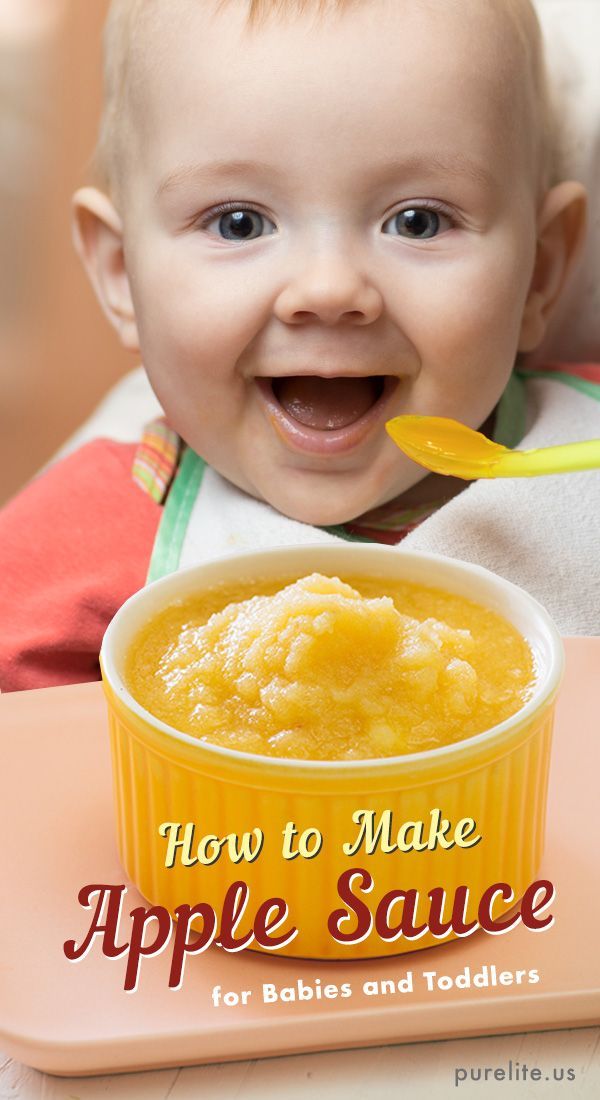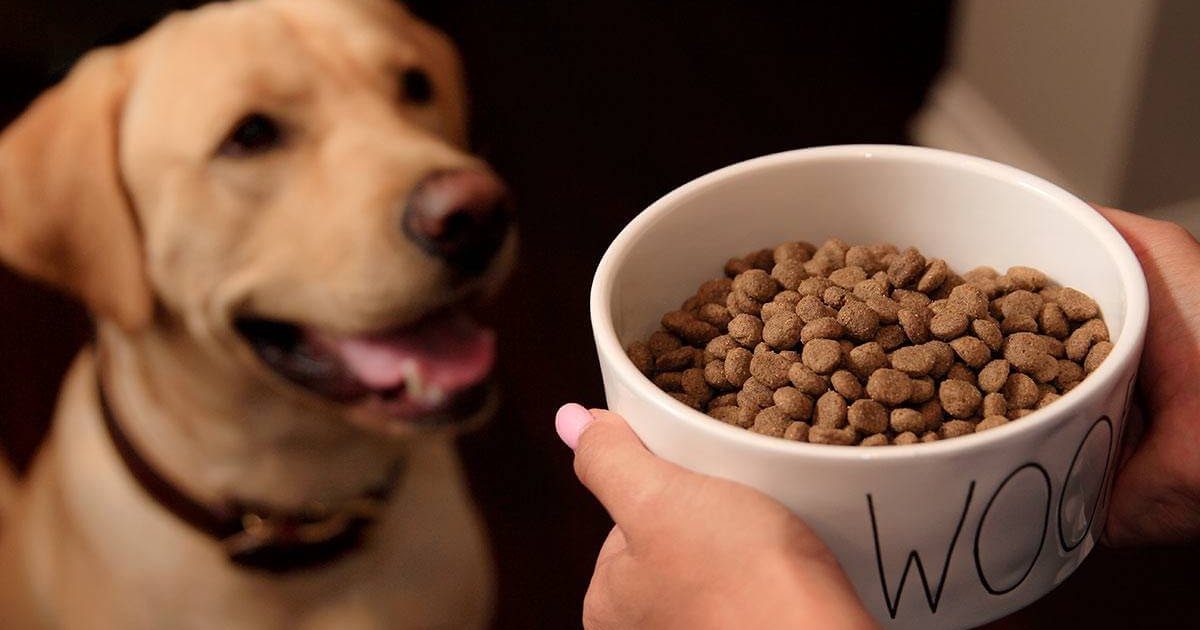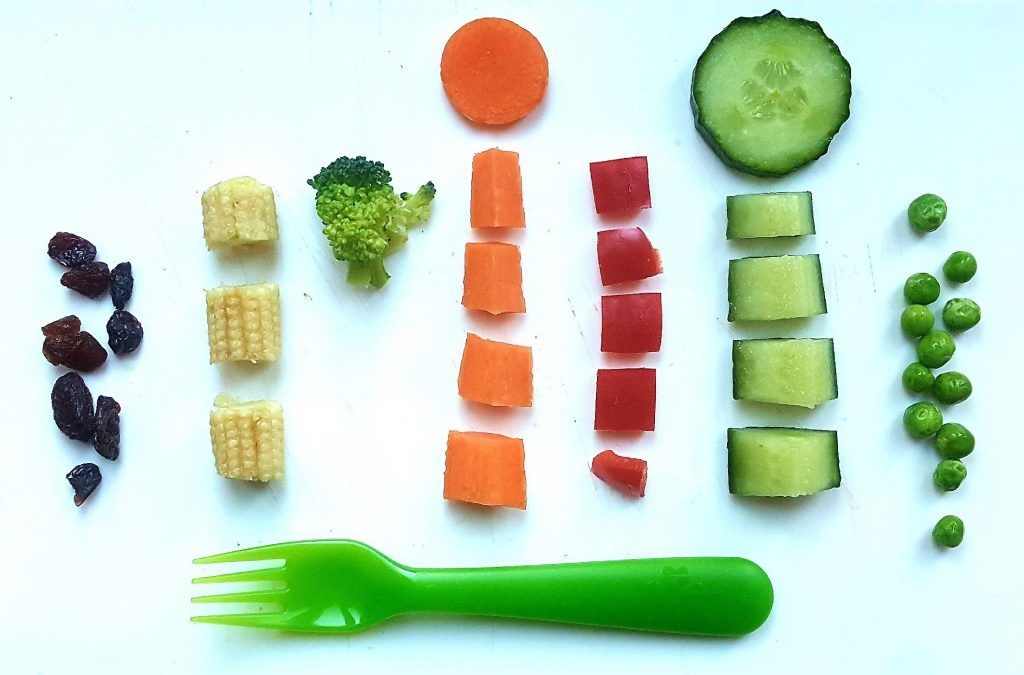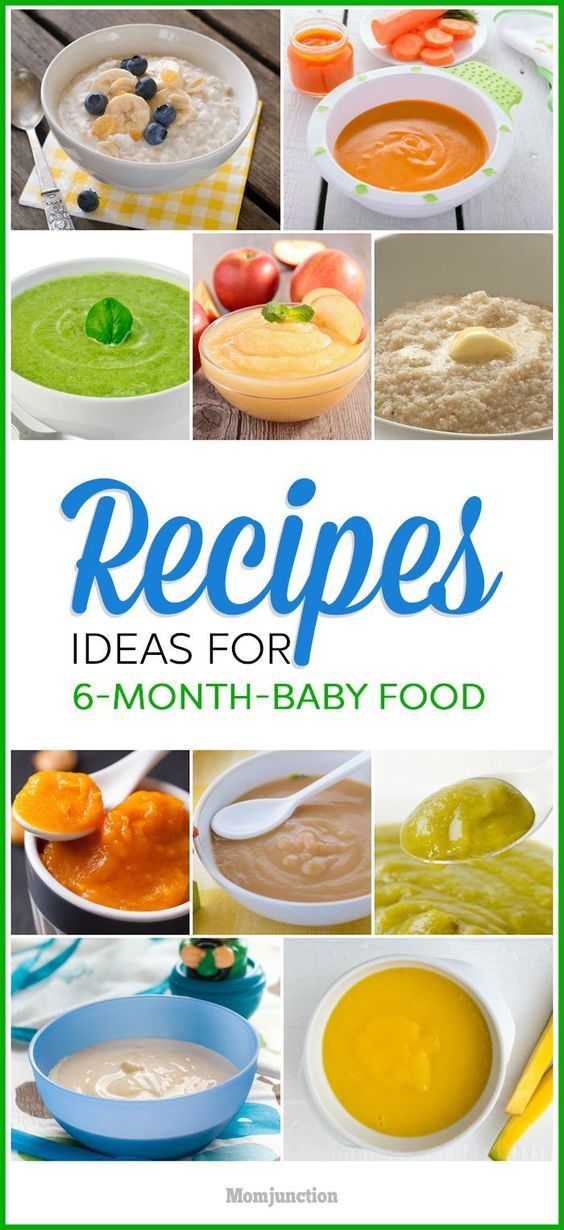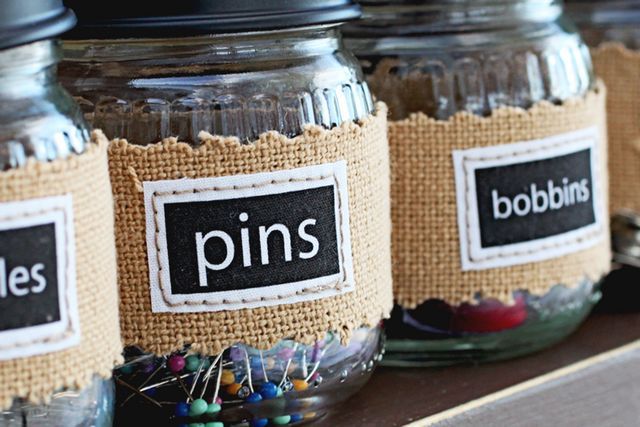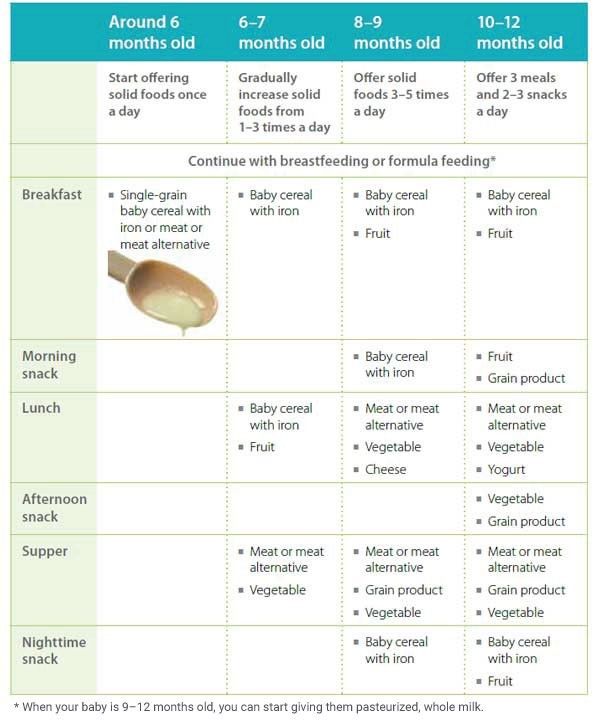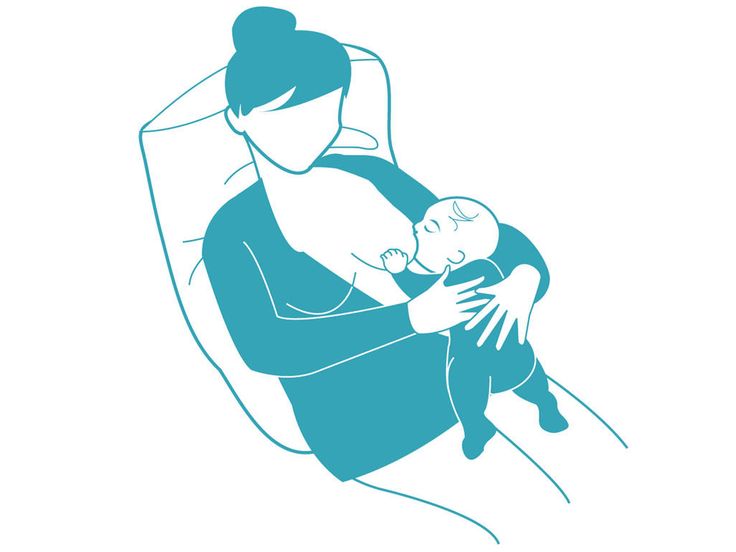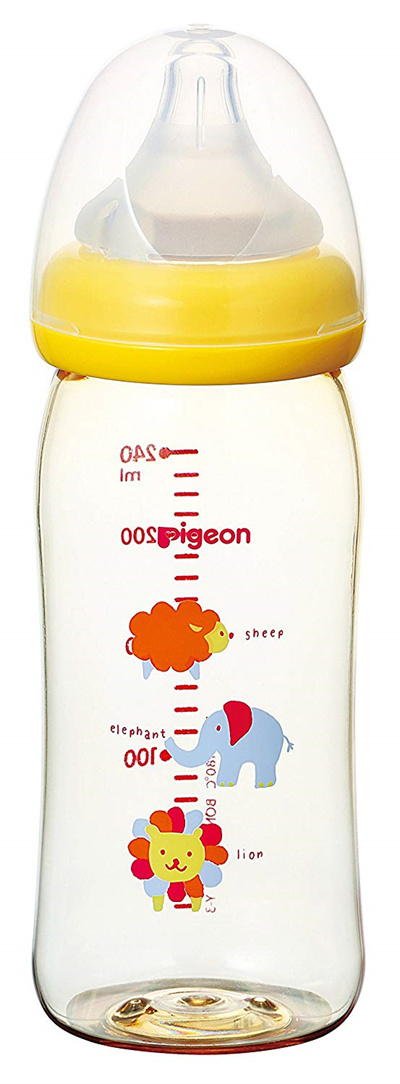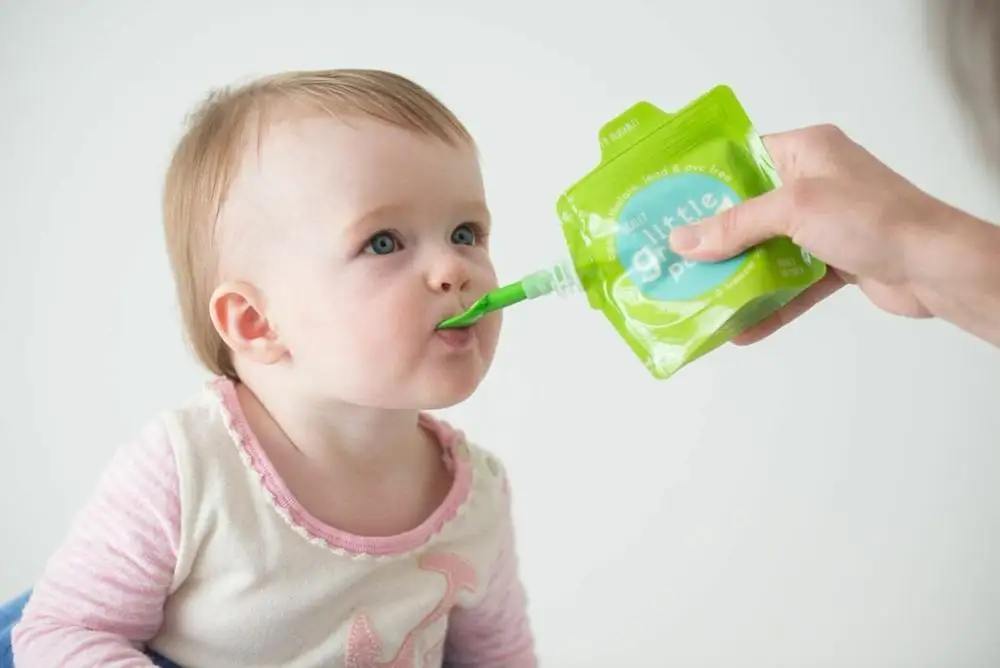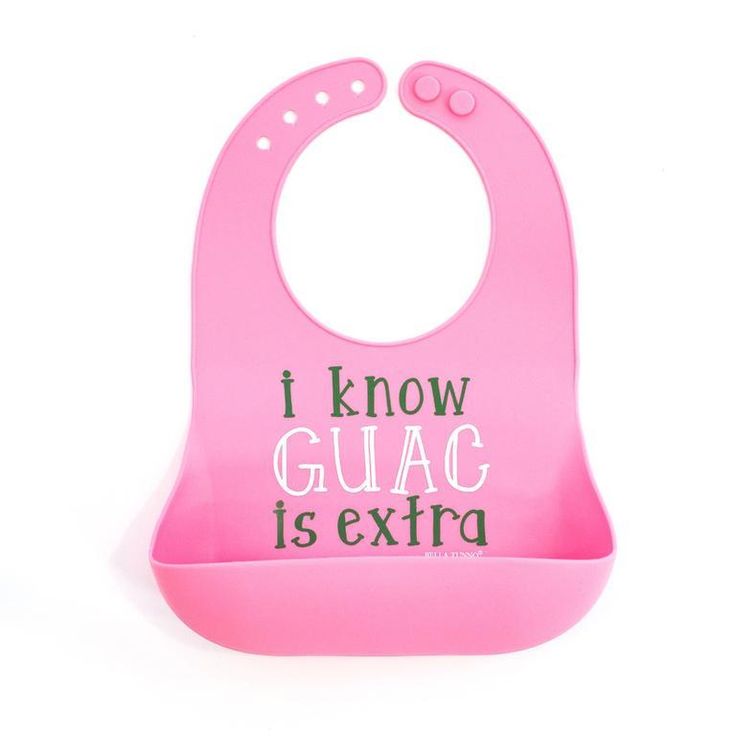Baby food portugal
Baby food, formula and nappies in portugal
Breastfeeding in Portugal
Most women in Portugal opt to breastfeed and you will have no problem breastfeeding in public. If you are breastfeeding, make sure to stay properly hydrated and eat well.
Baby Formula in Portugal
The quality of the water in Portugal is generally quite good and bottled water is available everywhere but please be mindful of the fact that it can be overpriced in hotels and it is cheaper to buy it in the local shops and markets. If you are using bottled water, you will need to boil it first for babies under 6 months. try to find a mineral water with a low sodium and mineral content
Continente Portugal is one of Portugal’s largest chain of ‘hypermarket’ and you will be able to find this in Albufeira and other larger towns. Formulas are available in supermarkets and larger pharmacies. In some of these you will be able to find Cow and Gate baby milks which are marketed under the ‘Nutrilon’ brand Portugal. Nutrilon 1,2 and 3 are equivalent to Cow and Gate 1,2 and 3. Aptamil milks are still marketed as Aptamil in Portugal and you will be able to find Aptamil 1, 2 and 3. SMA baby milks are sold as S-26 Gold 1, 2 and 3 (from Wyeth Nutrição) and these are equivalent to SMA 1,2 and 3. You will also be able to find these brands for ‘hungry babies. Hipp formulas are also widely available. Remember that the formula that you purchase in Portugal may not taste the same as that in the UK and Ireland so if your child is fussy or you think they may not take to a new taste, it is safer to bring the formula with you.
Fresh milk (leite pasteurizado) for babies is sold in larger supermarkets. Gordo is full-fat, meio-gordo half-fat and magro is skimmed milk. Mini-markets, smaller shops and cafés generally only stock UHT milk. Formula is widely available in supermarkets also however the brands available in the UK and Ireland are difficult to find.
Baby Food in Portugal
You can buy Milupa baby porridge and other Milupa foods in Portugal.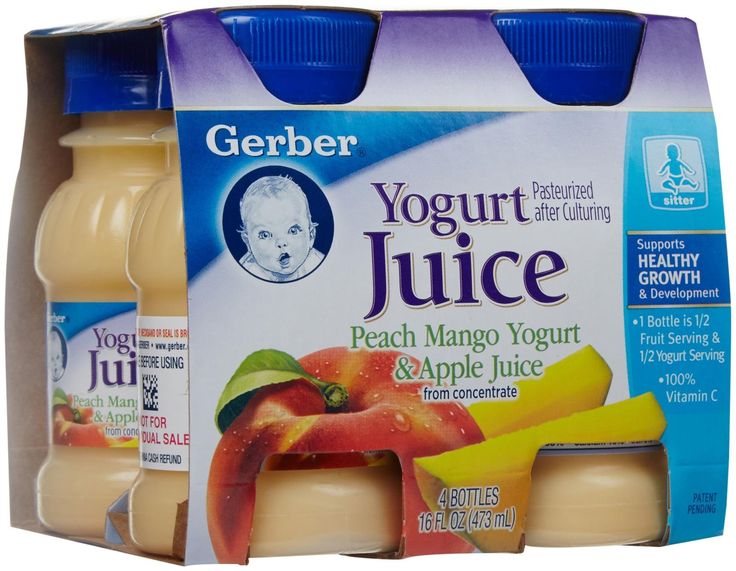 Jars of local baby food are also available but be aware that these may taste different to what your child is used to. Many travellers say that the food there is not as nice as what is available in the UK and Ireland so if you have any doubts about whether your child will eat it, it is safer to bring your own or cook there if you have a kitchen in your accommodation. Pouches of food are easy to pack, especially if you are going for one week.
Jars of local baby food are also available but be aware that these may taste different to what your child is used to. Many travellers say that the food there is not as nice as what is available in the UK and Ireland so if you have any doubts about whether your child will eat it, it is safer to bring your own or cook there if you have a kitchen in your accommodation. Pouches of food are easy to pack, especially if you are going for one week.
If you do have a kitchen, you could bring some Boots organic, salt free stock cubes. They are easy to pack and make a great tasty base for cooking.
The fruit purees and yoghurts available in Portugal should satisfy your child and there is a lot of fresh food and vegetables which you can buy everywhere.
Children are welcome in cafés and restaurants at any time of the day. Waiters often go out of their way to spend a few minutes entertaining restless children. Highchairs are normally the clip-on-table type and most restaurants will have them.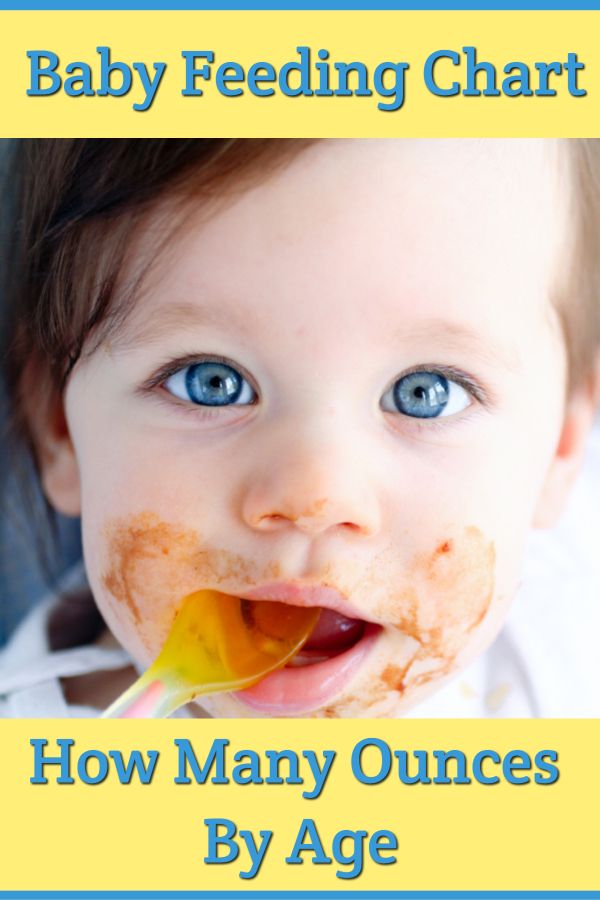 You could also opt to bring a fold away highchair which can be easily packed. If the restaurant does not have a childrens menu you will probably be able to order a half-portion. Restaurants rarely open much before 7.30pm and local children often stay up late at night.
You could also opt to bring a fold away highchair which can be easily packed. If the restaurant does not have a childrens menu you will probably be able to order a half-portion. Restaurants rarely open much before 7.30pm and local children often stay up late at night.
Sterilising
Sterilizer bags are great for holidays and are small enough to pack. Another option is to bring sterilising tablets or microwavable steriliser bags if you will be staying in self-catering accommodation.
Buying Nappies in Portugal
Nappies/diapers (fraldas) are widely available in supermarkets and pharmacies. Pampers are sold as ‘Dadots’ and Huggies are also widely available. Local brands will also be available in small and large supermarkets. Specific changing facilities in restaurants, cafés and public toilets are mostly nonexistent but you will find them in larger shopping centres, but in women’s toilets only.
For further information on formula, food and sterilizing, please click here.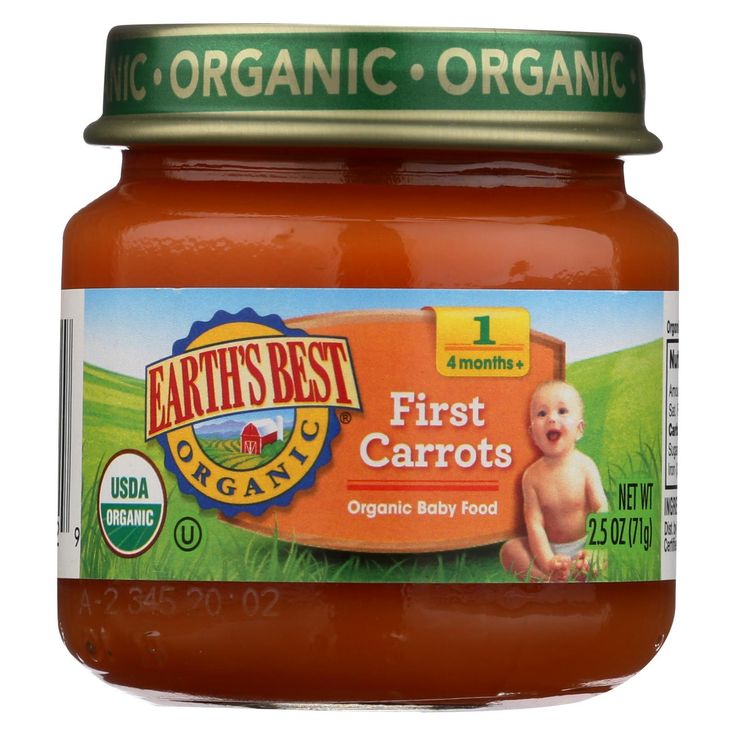
Health & Wellbeing
A good first aid kit is essential for any trip abroad. Click here for advice on first aid and how to treat minor injuries, burns and bites yourself. The main concerns that parents have for their kids in Portugal are the hot sun and fast cars. Make sure to take all the usual precautions when taking your child out in the sunshine and be careful near roads as cars tend to move pretty quickly.
Pharmacies in Portugal
Most pharmacists in Lisbon and the Algarve will speak English well and if your child is unwell they may be able to direct you to a doctor or hospital.
Travel Insurance for Travel in Portugal
If travelling from the UK and Ireland you should ensure that you and each family member travelling has either the European Health Insurance Card or private health insurance. Irish residents can apply for the card at http://www.hse.ie/eng/services/list/1/schemes/EHIC/ and UK residents can apply at www.gov.uk . This card allows you to get health care covered by the public health system in Portugal.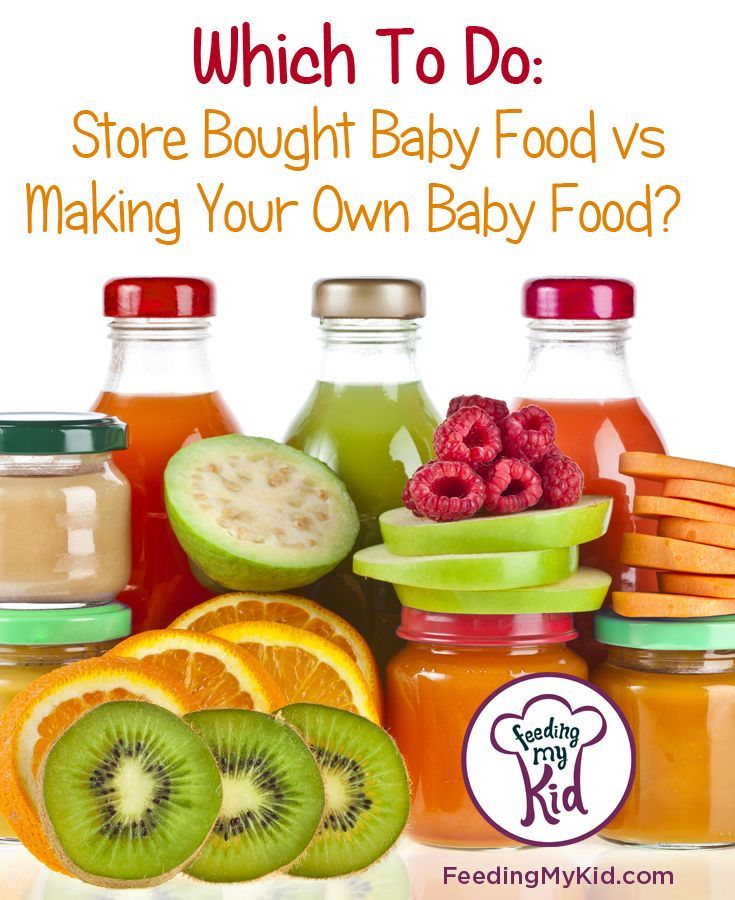 If you have previously applied for a card make sure that it is in date before you travel. Travel insurance should be taken out if you are covered by private healthcare however check your policy as it may offer you some cover while overseas.
If you have previously applied for a card make sure that it is in date before you travel. Travel insurance should be taken out if you are covered by private healthcare however check your policy as it may offer you some cover while overseas.
Emergency Numbers
The European Emergency number is 112 where you will get English speaking operators who can direct your call to the appropriate emergency response services.
Consular Services
Contact your consular service or embassy if you have been a victim of crime, arrested on suspicion of committing a crime, if you or anyone in your family has a serious illness, experience the unexpected death of a partner or spouse and for help with repatriation after a crisis. Consular offices also provide help in the case of a lost or stolen passport.
The British Embassy in Lisbon is located at Rua de São Bernardo 33, 1249-082 Lisbon/ tel +351 21 392 40 00. There is also a British Consulate in Portamao in the Algarve, The address is Edificio A Fabrica Avenida Guanaré, Portugal, tel +351 282 490 750.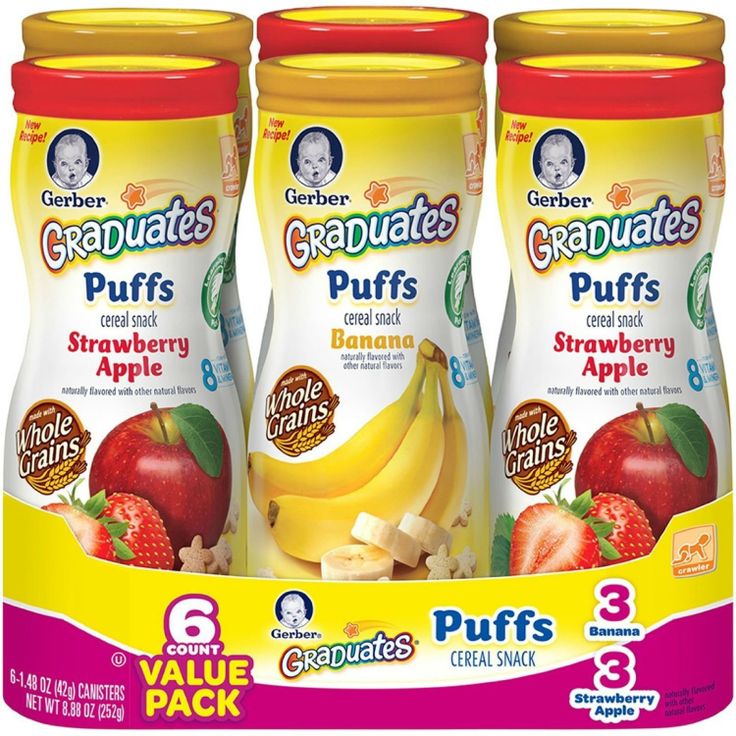
The Irish Embassy is located at Embaixada da Irlanda, Avenida da Liberdade No 200, 4th Floor, 1250-147 Lisbon, tel + 351 213308200.
Slings & strollers
Cobbled town centres, castles, monuments and stepped alleys can be difficult for anyone with a baby or toddler and a stroller so you might consider bringing a sling with you as well as a stroller
A sling is very useful for sightseeing and for negotiating the metro stations in Lisbon. It gets extremely hot in Portugal during the summer months so if you can bring a lightweight sling it will help keep your child cooler. For the resorts, you may not need a sling (although one can be handy at the airport) but a stroller is useful for getting around and most of the footpaths are stroller friendly. For tips on the best travel slings and strollers click here.
Insect Protection
Mosquito repellent, a mosquito patch and or a mosquito bracelet are necessary in certain parts of Portugal, especially if your baby is going to be out in the evenings. Mosquitos and other insects can bite even if they do not pose a malarial risk, particularly in the evenings. Many restaurants and markets are outdoors and the risk of being bitten is higher. Click here for further information on insect protection and how to deal with bites.
Mosquitos and other insects can bite even if they do not pose a malarial risk, particularly in the evenings. Many restaurants and markets are outdoors and the risk of being bitten is higher. Click here for further information on insect protection and how to deal with bites.
Sun Protection
Ensure that you bring sunblock for babies, many brands of sun block cannot be used on babies under the age of 6 months and therefore it is important to ensure that their skin is protected by keeping them away from direct sunlight. Older babies and toddlers should always wear sunblock when out during the day (Factor 30+).
Lightweight clothing is best however at night is advisable to cover your baby’s feet as mosquitoes may bite. UV protective swimwear with long sleeves will protect your baby while in the water. Make sure that you also bring a sun hat for your baby as their heads can burn very quickly. A parasol will assist in keeping the sun off your baby’s skin and certain ones can be attached to your baby’s buggy.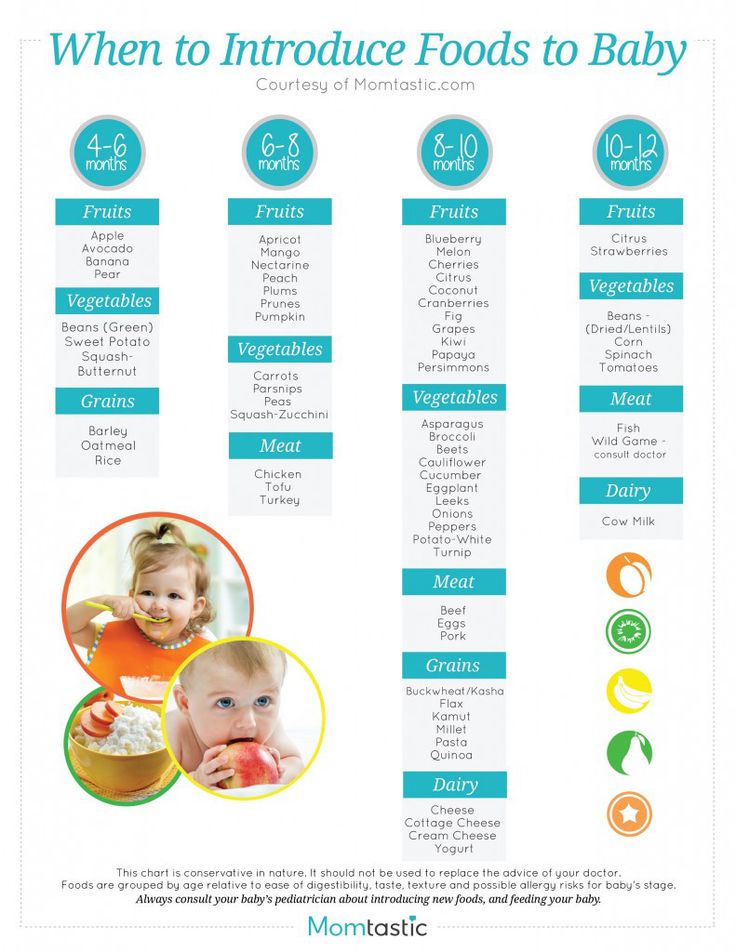 A UV protected small sun tent can be purchased for the beach.
A UV protected small sun tent can be purchased for the beach.
For further information on protecting your baby from the sun, click here.
Travel Safety
Taxis in Portugal will have a seat belt in the back if you plan to bring your own car seat however this may be cumbersome and you can also arrange to hire a taxi with a car seat (See getting around). For further information on travel safety abroad, click here.
Using Hotel Babysitting Services
Using a babysitter abroad would not be for everyone but it is your decision. Most good hotels in Portugal will offer babysitting services with experienced babysitters however they tend to be quite expensive. For information on using babysitting services when abroad and a checklist of questions to ask a babysitter, click here.
Baby food and formula in the Algarve
Baby and Toddler Essentials in the Algarve, Portugal
Breastfeeding in Portugal
Breastfeeding in Portugal in public is legally protected and is perfectly acceptable. If you are breastfeeding, make sure to stay properly hydrated and eat well.
If you are breastfeeding, make sure to stay properly hydrated and eat well.
Powdered Formula in the Algarve
The water quality in Portugal is generally quite good and bottled water is available everywhere but be mindful of the fact that it can be overpriced in hotels and it is cheaper to buy it in the local shops and markets. If you are using bottled water, you will need to boil it first for babies under 6 months. try to find a mineral water with a low sodium and mineral content such as Evian.
Continente Portugal is one of Portugal’s largest chain of ‘hypermarket’ and you will be able to find this in Albufeira and other larger towns. Formulas are available in supermarkets and larger pharmacies. In some of these you will be able to find Cow & Gate baby milks which are marketed under the ‘Nutrilon’ brand Portugal. Nutrilon 1,2 and 3 are equivalent to Cow & Gate 1,2 and 3. Aptamil milks are still marketed as Aptamil in Portugal and you will be able to find Aptamil 1, 2 and 3.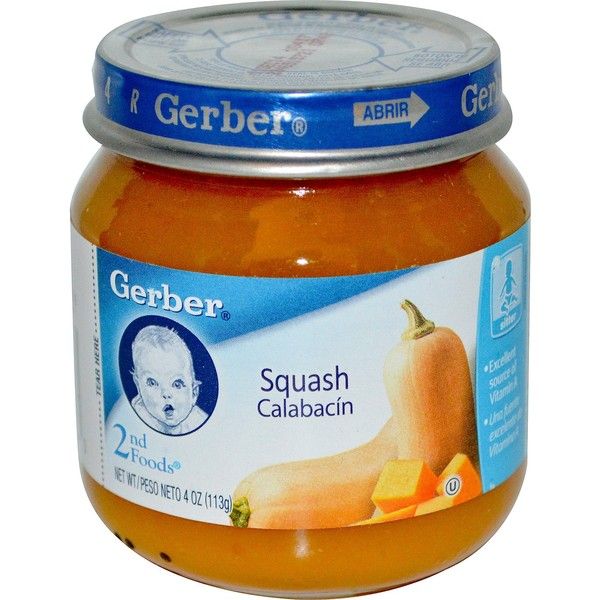 SMA baby milks are sold as S-26 Gold 1, 2 and 3 (from Wyeth Nutrição) and these are equivalent to SMA 1,2 and 3. You will also be able to find these brands for ‘hungry babies’. Hipp Organic formulas are also widely available. Remember that the formula that you purchase in Portugal may not taste the same as that in the UK and Ireland so if your child is fussy or you think they may not take to a new taste, it is safer to bring the formula with you.
SMA baby milks are sold as S-26 Gold 1, 2 and 3 (from Wyeth Nutrição) and these are equivalent to SMA 1,2 and 3. You will also be able to find these brands for ‘hungry babies’. Hipp Organic formulas are also widely available. Remember that the formula that you purchase in Portugal may not taste the same as that in the UK and Ireland so if your child is fussy or you think they may not take to a new taste, it is safer to bring the formula with you.
Fresh milk (leite pasteurizado) for babies is sold in larger supermarkets. Gordo is full-fat, meio-gordo half-fat and magro is skimmed milk. Mini-markets, smaller shops and cafés generally only stock UHT milk. Formula is widely available in supermarkets also however the brands available in the UK and Ireland are difficult to find.
Baby Food in the Algarve
You can buy Milupa baby porridge and other Milupa foods in Portugal. Jars of local baby food are also available but be aware that these may taste different to what your child is used to.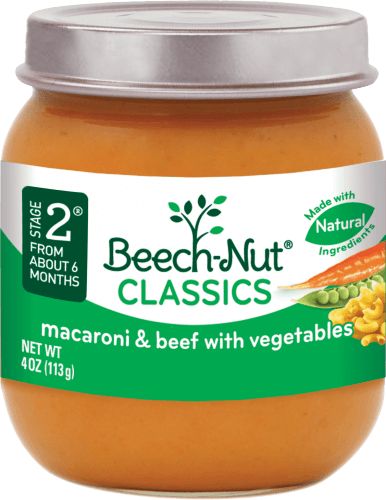 Many travellers say that the food there is not as nice as what is available in the UK and Ireland so if you have any doubts about whether your child will eat it, it is safer to bring your own or cook there if you have a kitchen in your accommodation. Pouches of food are easy to pack, especially if you are going for one week.
Many travellers say that the food there is not as nice as what is available in the UK and Ireland so if you have any doubts about whether your child will eat it, it is safer to bring your own or cook there if you have a kitchen in your accommodation. Pouches of food are easy to pack, especially if you are going for one week.
If you do have a kitchen, you could bring some Boots organic, salt free stock cubes. They are easy to pack and make a great tasty base for cooking. The fruit purees and yoghurts available in Portugal should satisfy your child and there is a lot of fresh food and vegetables which you can buy everywhere.
Children are welcome in cafés and restaurants at any time of the day. Waiters often go out of their way to spend a few minutes entertaining restless children. Highchairs (cadeirinha de bebé) are normally the clip-on-table variety and most restaurants will have them. You could also opt to bring a fold away highchair which can be easily packed. If the restaurant does not have a childrens menu you will probably be able to order a half-portion.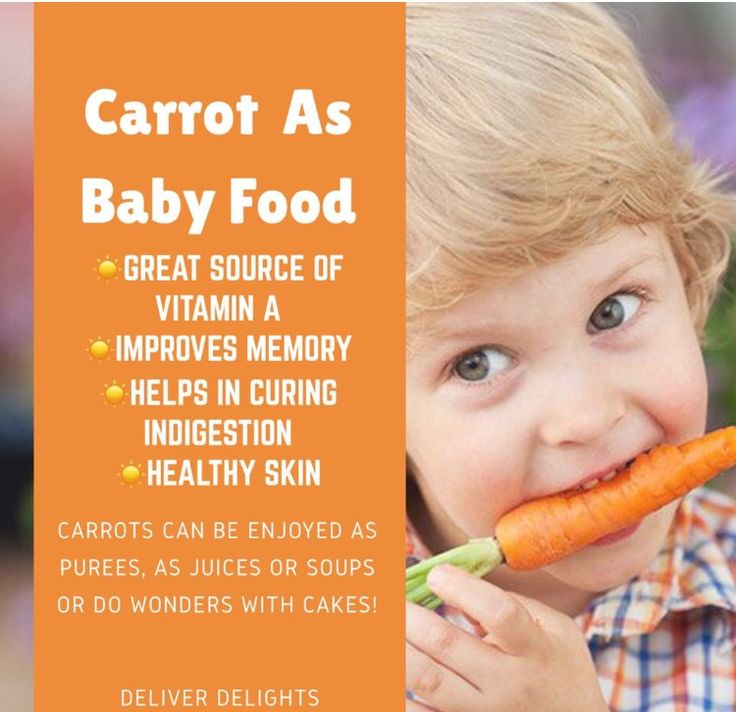 Restaurants rarely open much before 7.30pm and local children often stay up late at night.
Restaurants rarely open much before 7.30pm and local children often stay up late at night.
Sterilising in the Algarve
Sterilizer bags are great for holidays and are small enough to pack. Another option is to bring sterilising tablets or microwavable steriliser bags if you will be staying in self-catering accommodation.
Nappies in the Algarve
Nappies/diapers (fraldas) are widely available in supermarkets and pharmacies. Pampers are sold as ‘Dadots’ and Huggies are also widely available. Local brands will also be available in small and large supermarkets. Specific changing facilities in restaurants, cafés and public toilets are mostly nonexistent but you will find them in larger shopping centres, but in women’s toilets only.
For further information on formula, food and sterilizing, please click here.
Portugal with children: features and tips
Features of holidays with children in Portugal: beaches, restaurants, where to stay and tips.
Portugal loves children very much. Both their own and others. From birth, the child is integrated into society. From the first months of a baby's life, mothers calmly visit cafes and restaurants. Therefore, here no one will look askance at you if you suddenly decide to simply feed a child in a cafe or park.
Que Princesa, que fofinha(o), que bonita(o) . What a princess, what a cutie (cutie), what a beauty (handsome) Be prepared that passers-by will smile at you, or rather your baby, in every possible way wink and hoot.
If your children are used to being the center of attention, they will love Portugal.
Your holiday depends on the age of the children. After all, at different stages they are interested in completely different activities. Children under 7 years old will be more interested in playgrounds, rather than attractions.
Or riding on different modes of transport, be it a boat, a tram, an amphibious bus, a tuk-tuk. All that is unusual.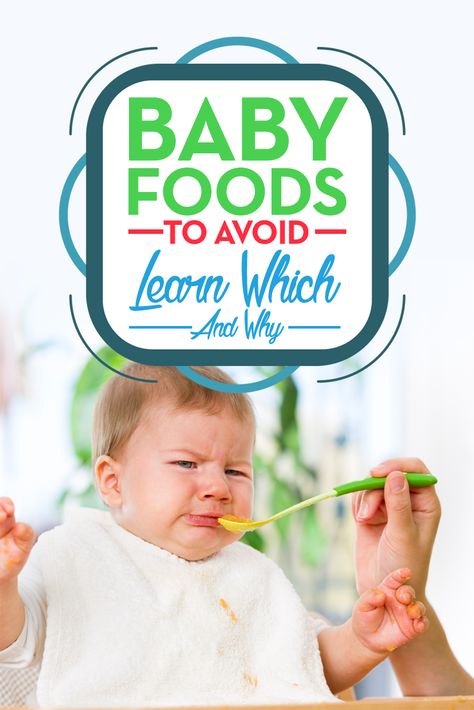 And of course, you should learn the best places for ice cream, especially if you travel in the summer.
And of course, you should learn the best places for ice cream, especially if you travel in the summer.
With older children it will be easy to find a compromise and alternate sightseeing walks with entertainment.
Starting from the age of 12, when the number of interests in children increases, it is already safe to plan interesting and active trips. Combined with sightseeing and excursions. nine0003
When is the best time of year to travel to Portugal with children?
As we have already said, Portugal is a country in which it is good at any time of the year. But there are some nuances. For example, August is the hottest month in all respects. Increased temperature and increased concentration of people everywhere. After all, August is a month of holidays, and therefore queues at attractions, restaurants.
Therefore, for traveling with children, it is better to choose months with a sparing regime: June, July, but from mid-September the velvet season begins, October usually also pleases with the weather.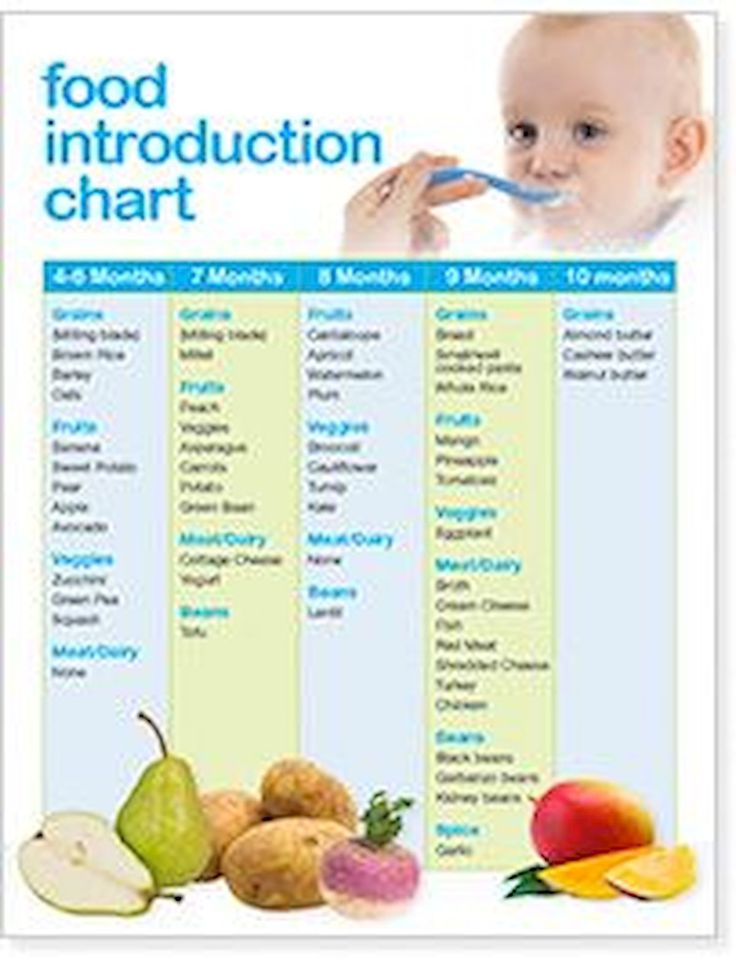 During these months, the weather is usually pleasant. You can go sightseeing and sunbathing. nine0003
During these months, the weather is usually pleasant. You can go sightseeing and sunbathing. nine0003
During the rest of the year the temperature is comfortable for walking. With the caveat only that in the winter months there is a chance of rain. And it will be a great time to see museums and attractions.
Beach holidays in Portugal with children
Portugal has an amazing coastline. There are an incredible number of beautiful beaches. True, all this is washed by the Atlantic, and it is not famous for its high temperatures. Therefore, when choosing a beach holiday with children, focus on the south coast. nine0003
The Algarve region has a wide range of resorts for all tastes. Here you can choose from quiet towns and more party places if you are active and relaxing with teenagers. Water parks are also concentrated in the south.
The city of Cascais is often mentioned in the recommendations. This option is interesting because of its proximity to Lisbon. True, the beaches here are not as spacious as on the south coast.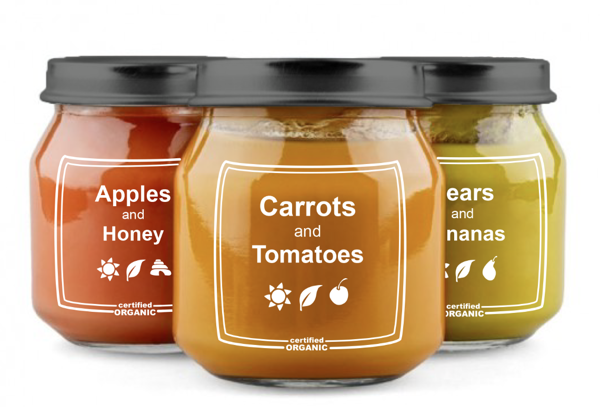 But many hotels have swimming pools.
But many hotels have swimming pools.
All that is north, Ericeira, Peniche will be interesting if you are with teenagers who want to actively surf. nine0003
All beaches in Portugal are free. You will have to pay only if you want to rent sunbeds and umbrellas.
Features of visiting restaurants with a child
In Portugal, as in many other European countries, the time for lunch and dinner is clearly fixed. Dinner soup at 17 o'clock will be difficult. Lunch is usually from 13 to 15, dinner from 19 to 22. The rest of the time there are cafes. Read more about restaurant opening hours here.
Portuguese restaurants and cafes surprise many with the absence of children's rooms. Children's rooms are rather an exception to the rule, but every restaurant will have a high chair for a child. nine0003
In the menu of almost all restaurants you will find vegetable puree soup. And there is often a children's menu. True, not in all restaurants it strikes with variety, often it consists of chicken breast, french fries, pasta.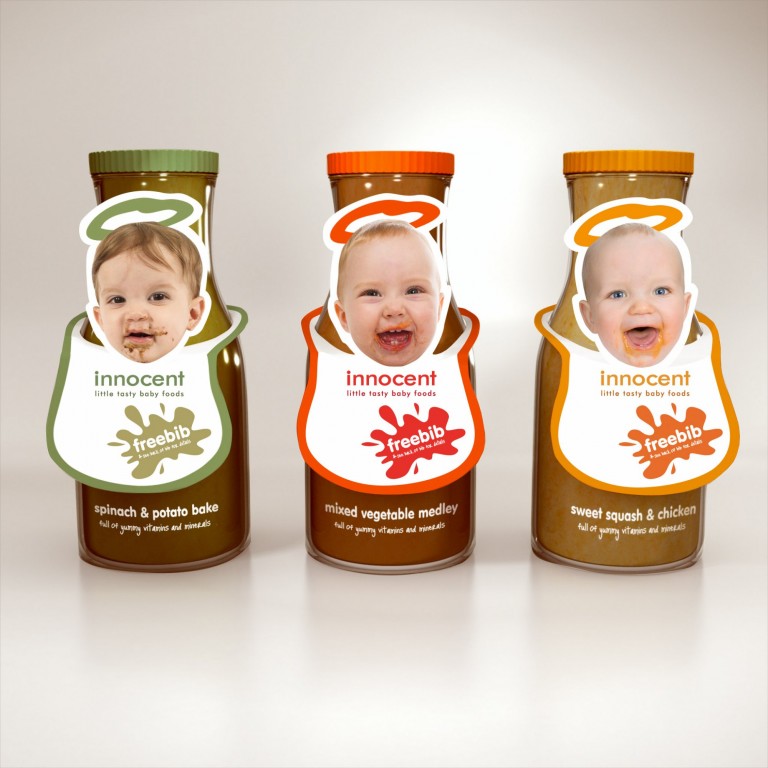 If there is no children's menu, you can check if it is possible to take a half portion for a child.
If there is no children's menu, you can check if it is possible to take a half portion for a child.
Popular restaurants have changing tables. And in shopping centers there are small rooms for mother and child.
If you have babies, grocery stores will serve you without waiting in line. nine0003
If the child is small and is on formula, it is better to take them with you. Here, baby food is slightly different in composition.
Also bring your child's usual medicines, and be aware of the time difference.
Public transport with children
Children under 4 years of age travel free of charge on public transport in Portugal, provided that the child does not occupy a separate seat.
There is a well-developed railway network between the main major cities in Portugal. Buy tickets in advance at least 7 days before the trip, and tickets will be at an impressive discount. nine0003
If you did not take care of tickets in advance, then when buying at the box office you can ask for a discount on a children's ticket.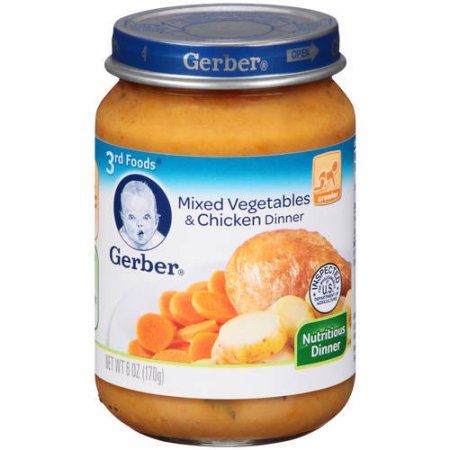 Children from 4 to 12 years old inclusive receive a 50% discount with the right to a separate seat. In order to receive a discount, you must provide a document confirming your age.
Children from 4 to 12 years old inclusive receive a 50% discount with the right to a separate seat. In order to receive a discount, you must provide a document confirming your age.
Read more about transport in Portugal in the transport section.
You can also rent a car. This is convenient when you have a large family, or when you are going to see the hard-to-reach corners of Portugal. And traveling by car allows you to be more mobile. Read about car rental in this article. nine0003
Where to stay with children
Be sure to read our articles about the areas of Lisbon and Porto. In them, we analyzed the main parts of the cities in which there are hotels and apartments for rent.
Of course, with small children it is much more convenient to live in apartments or apart-hotels. When choosing these types of accommodation, pay attention to which floor the apartment is located on. If this is an attic, then the view will be excellent, but imagine how difficult it will be for a child to climb there.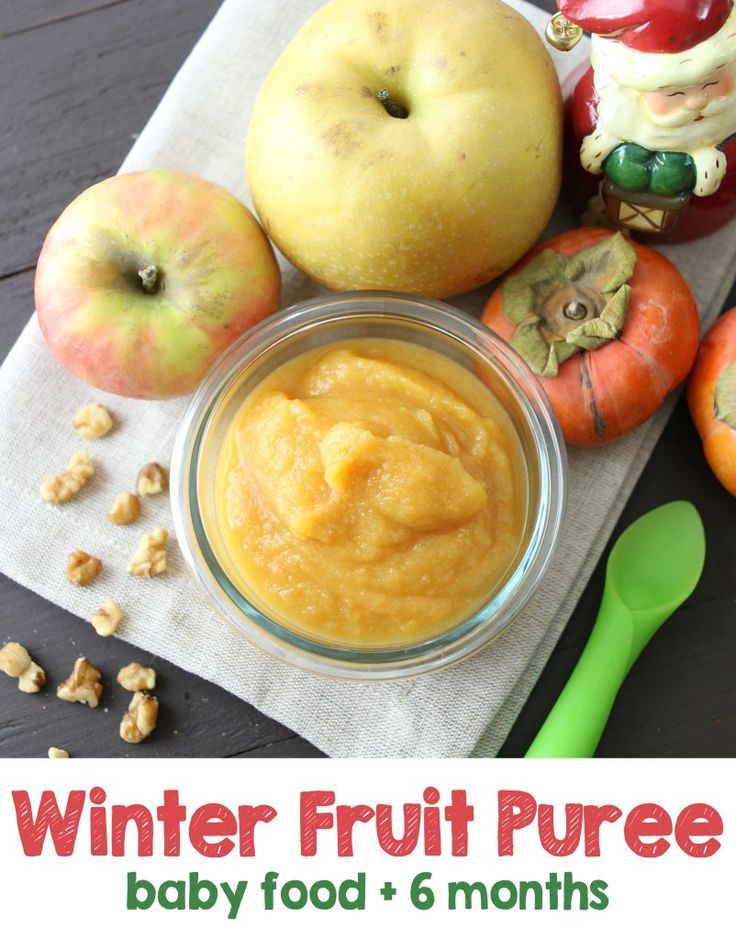 nine0003
nine0003
Don't forget that there is no central heating in Portugal, so if you are traveling in the winter season, be sure to take pajamas, warm socks and slippers in order not to freeze in the apartment. And check with the owners: are there heaters or air conditioners.
income and expenses, prospects for foreigners
Portugal is famous for its high standard of living, and the prices for food, medical services and education are lower than in neighboring European countries.
Favorable conditions for business development have been created in the country: there are many modern companies, educational and technological conferences are held. Four Portuguese universities are included in the list of the top 500 universities in the world according to the QS World University Ranking.
Life in Portugal also has its downsides - extreme heat in summer and lack of heating in winter, high unemployment and bureaucracy.
Cost of living in Portugal
Portugal is one of the most inexpensive countries in the European Union to live in.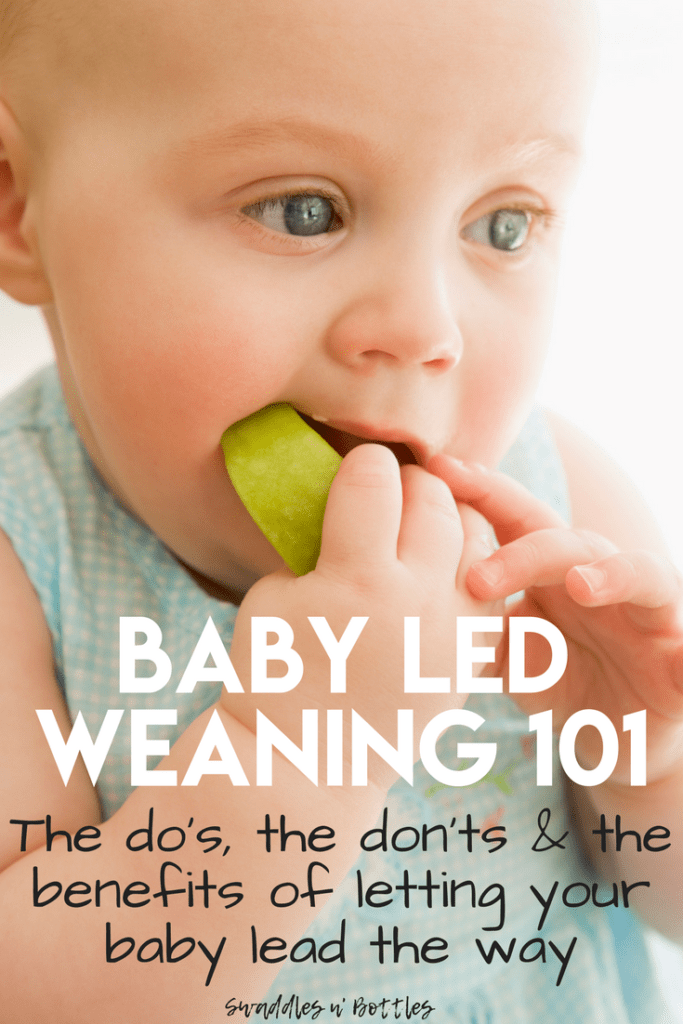 The cost of living here is higher than in Russia, but lower than in many other European countries, such as Italy, France and Germany. nine0003
The cost of living here is higher than in Russia, but lower than in many other European countries, such as Italy, France and Germany. nine0003
775 €
monthly cost of living in Portugal
The cost of living in Portugal is 775 € per month.
The average bill for a dinner in a restaurant for two is 30 €, a movie ticket costs 7 €, and a gym membership costs 34 € per month.
Compare the average cost of food, housing and transport in Portugal and other countries.
How much do products cost?
| 🍽️ Products0003 What taxes do I need to pay in Portugal Income tax in Portugal can be as high as 48% for individuals, depending on the level of income. Tax is levied on any income received from labor and business activities, including income from renting out real estate. Residents of Portugal can obtain the status of a tax resident - Residente não Habitual. The RNH status entitles you to pay a reduced tax of 20% on profits earned in Portugal for 10 years. | |
|---|---|
| 10% | Pension received in a foreign state |
| 20% | LEADING, FRILANCE and commercial activities for highly profitable professions |
| 0% | 9, 90% of 9
In order to use the exemption, it is important to meet the following requirements:
- have not been a tax resident of Portugal for the last 5 years and document this; nine0363
- have a Portuguese NIF tax number;
- stay in the country for at least 183 days a year;
- to confirm the Portuguese address of residence.
Real estate in Portugal and residence permit
Buying property in Portugal allows you to participate in the investment program and receive a "golden visa" - a residence permit for investors.
€280,000
minimum value of real estate to obtain a residence permit in Portugal
Obtaining a Portuguese residence permit for investors is easier than a standard residence permit: you can live in Portugal for only 7 days a year and not pass the language exam.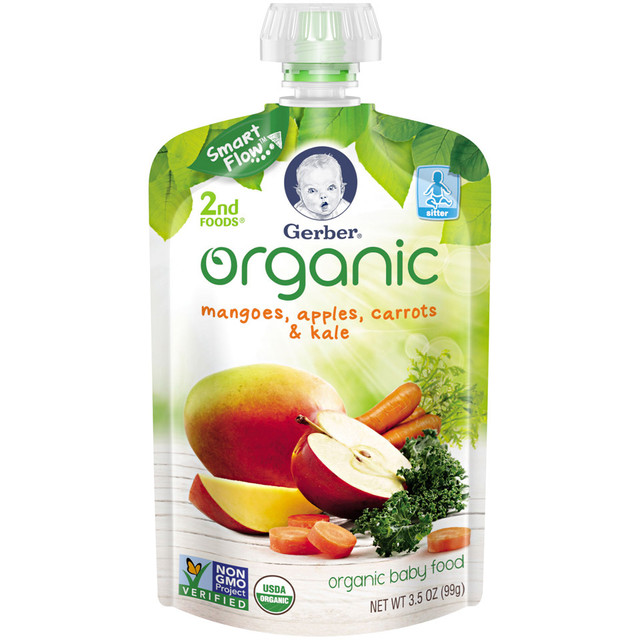
The residence permit is valid for a year and allows the investor to stay not only in Portugal, but also in other EU countries. 5 years after the residence permit, you can apply for Portuguese citizenship.
An investor can obtain a residence permit in Portugal for investments in the country's economy, business or real estate. nine0003
For a residence permit for investment in real estate, there are two investment options:
- from 500,000 € - new real estate, residential or commercial;
- from €280,000 is a property that needs renovation and was built over 30 years ago.
From 2022, it is not possible to invest in housing in major cities, such as Porto and Lisbon. Under the new rules, investors are allowed to buy properties in the Azores, Madeira and inland regions of the country. nine0003
How to choose accommodation in Portugal
Immigrant Invest lawyers will help you choose property in Portugal to participate in the investment program and provide legal and informational support at all stages of obtaining a residence permit.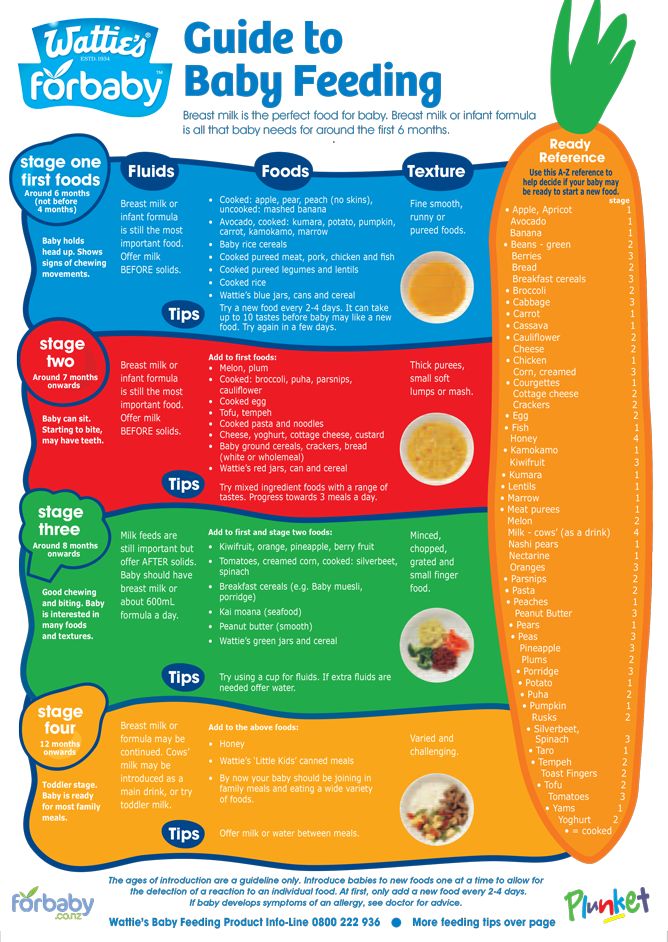
Apartments in a residential complex on the island of Madeira. Located 20 km from the airport and 3 km from the ocean. Price — from 215 000 €
Three-bedroom apartment on the coast in Estoril. Located on the ocean coast, 10 km from the airport. Cost — 350 000 €
Four bedroom townhouse in Sintra with pool. Located 18 km from the ocean and 25 km from the airport. Cost — €569,500
Medicine in Portugal
Portugal ranks 13th in the Euro Health Consumer Index. The rating takes into account the availability and speed of obtaining medical services, life expectancy and the quality of patient care. According to these indicators, Portugal overtook the Czech Republic, England, Italy and Spain.
The Portuguese use the services of public and private medical institutions. nine0003
National Health Service - Servicio Nacional de Saude, or SNS for short. The Ministry of Health is in charge of this system. SNS was created for Portuguese citizens, including immigrants.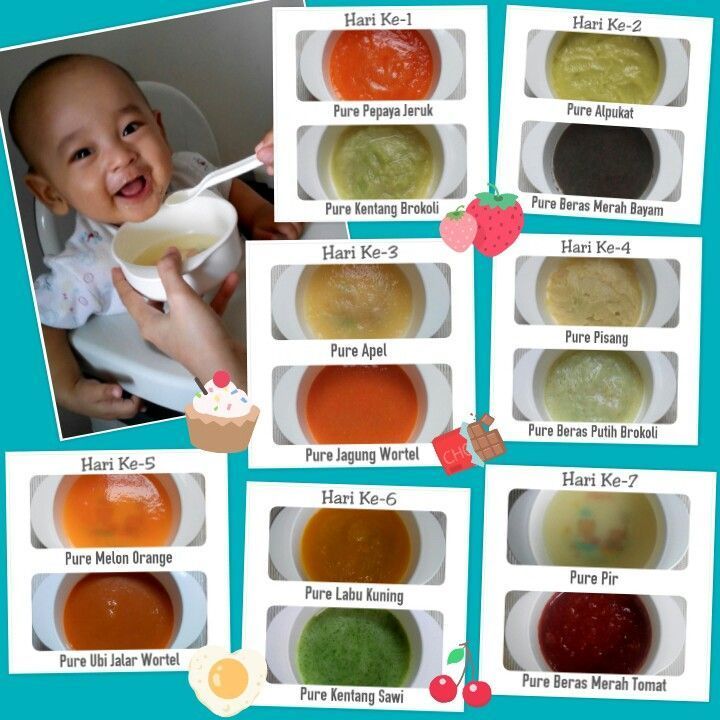
Even in public hospitals, many services are paid:
- doctor's consultation — from 4 to 7 €;
- doctor's house call - 10 €;
- night in a hospital - 25 €.
Voluntary health insurance is a private type of insurance. To avoid queues and long waiting times, as well as gain access to more specialists, you can take out private health insurance. nine0003
The cost of insurance can be calculated on the websites of insurance companies.
Education in Portugal
Preschool education. For children from 3 months to 5 years old, there are kindergartens in Portugal. They are private and public.
To send a child to a public kindergarten, parents queue in advance, unlike private ones. Also, in private kindergartens, groups are smaller - no more than 10 people.
How to get an education in Portugal
will have to be recorded in advance
, you can choose an English or Russian-speaking garden
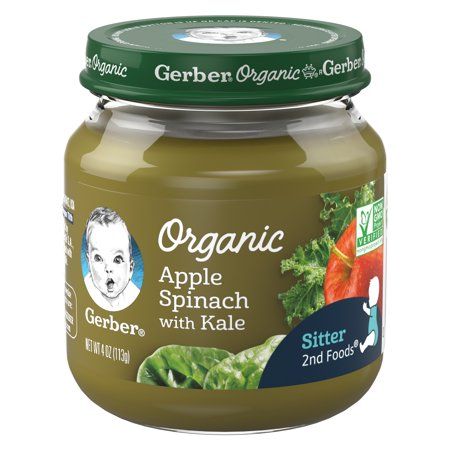 Portuguese schools are also divided into public and private.
Portuguese schools are also divided into public and private. Public schools are free, you only need to pay for lunch - from 30 to 50 € per month. Parents can also receive financial assistance to buy school supplies. nine0003
You can send your child to a public school free of charge if the parents have a residence permit or citizenship of the country. A private school is fully paid for by parents, regardless of their status.
The most famous private schools in Portugal:
- St Julian's British School;
- Carlucci American International School in Lisbon;
- Rosario College in Porto.

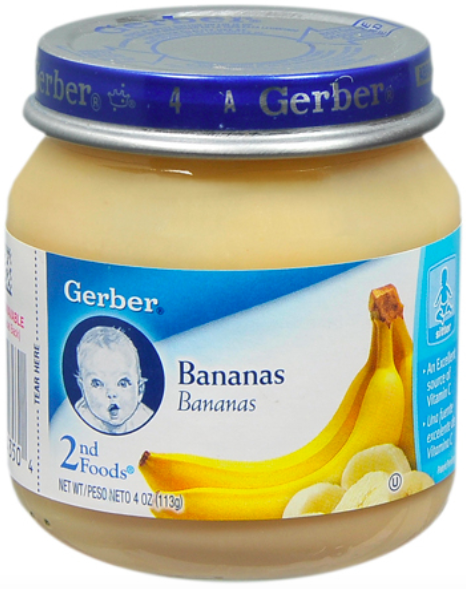 nine0127
nine0127 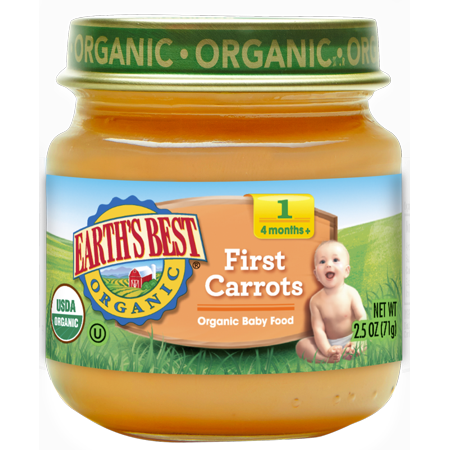
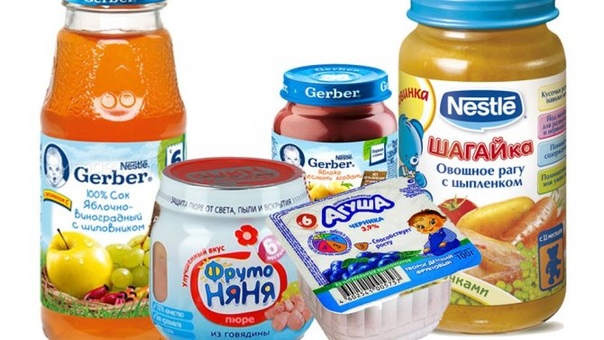
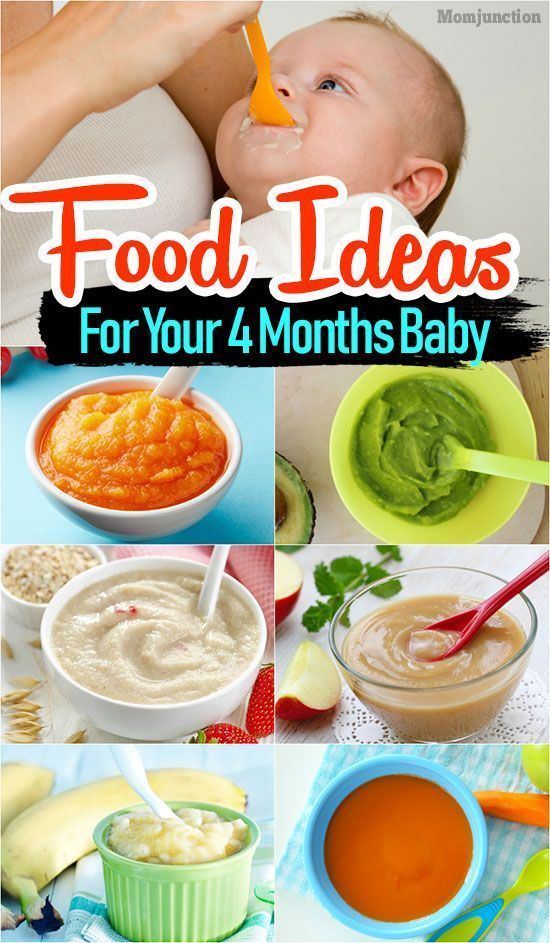
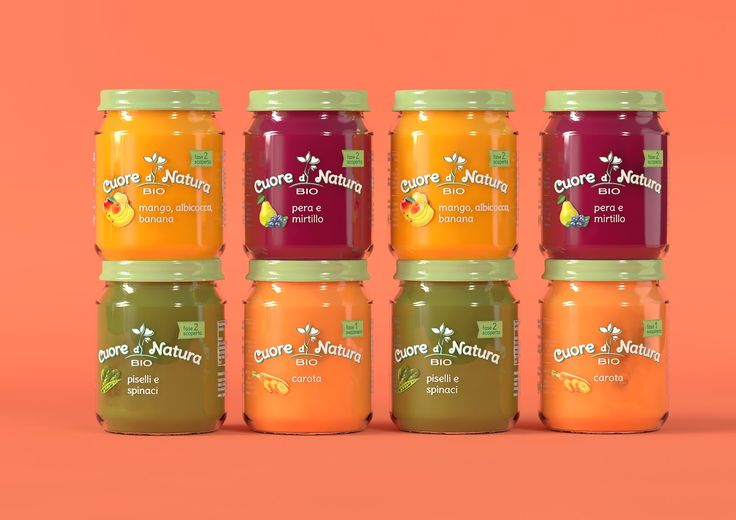
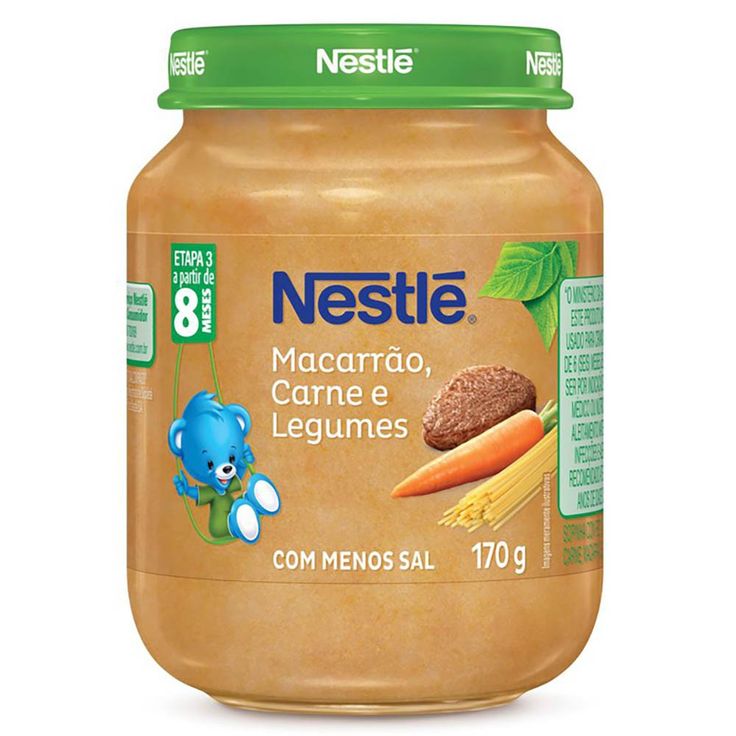 nine0003
nine0003 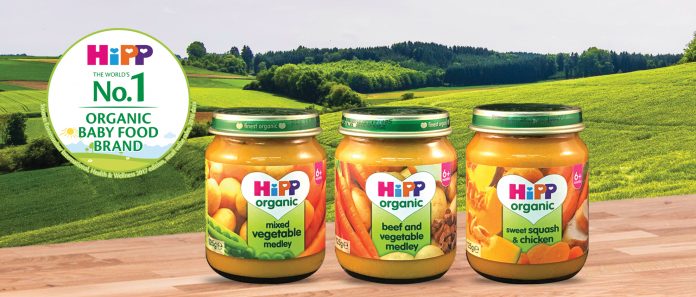 There are good transport links, quality medicine, prestigious universities, many museums, parks and restaurants. nine0003
There are good transport links, quality medicine, prestigious universities, many museums, parks and restaurants. nine0003 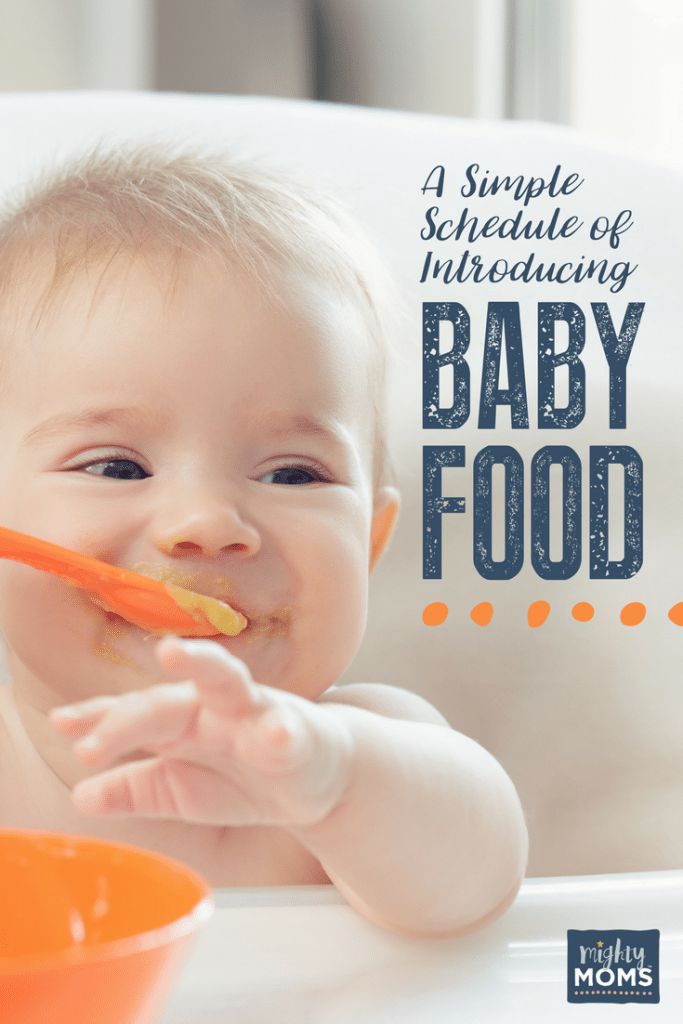 In the service sector, employees receive 600 € per month, specialists can receive up to 3,000 €.
In the service sector, employees receive 600 € per month, specialists can receive up to 3,000 €. 